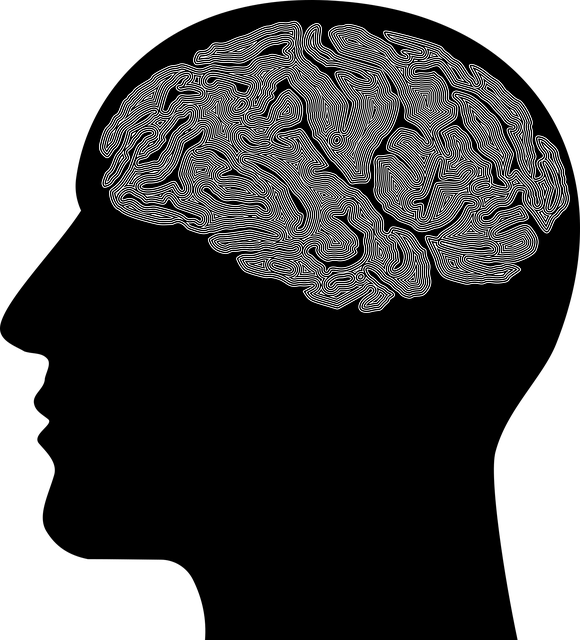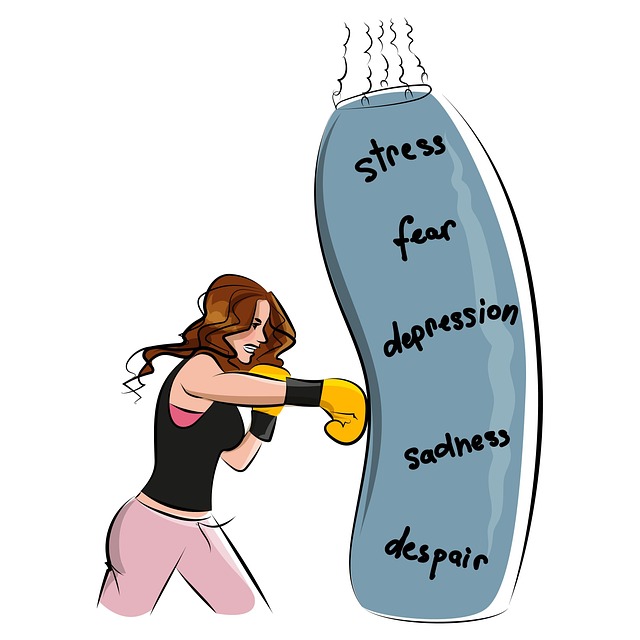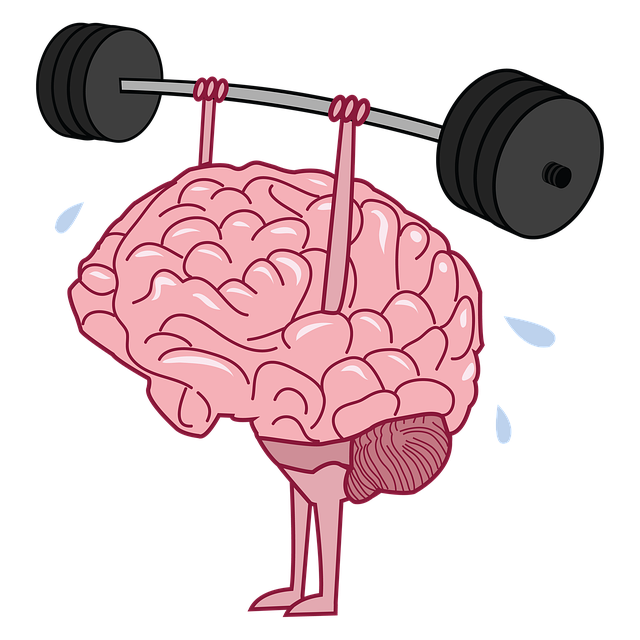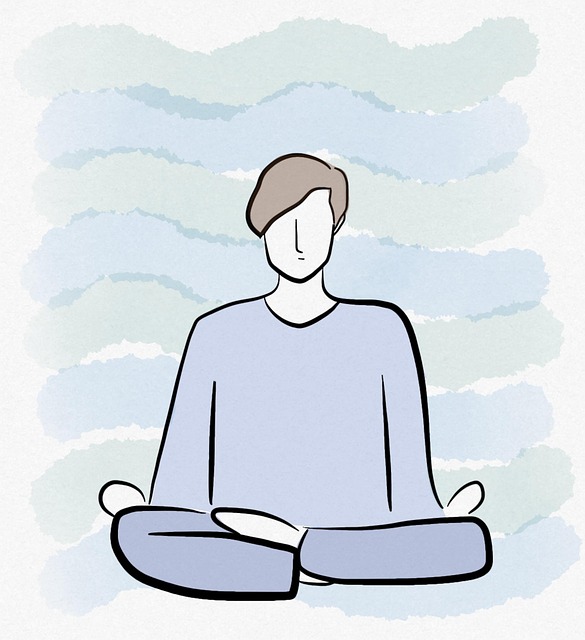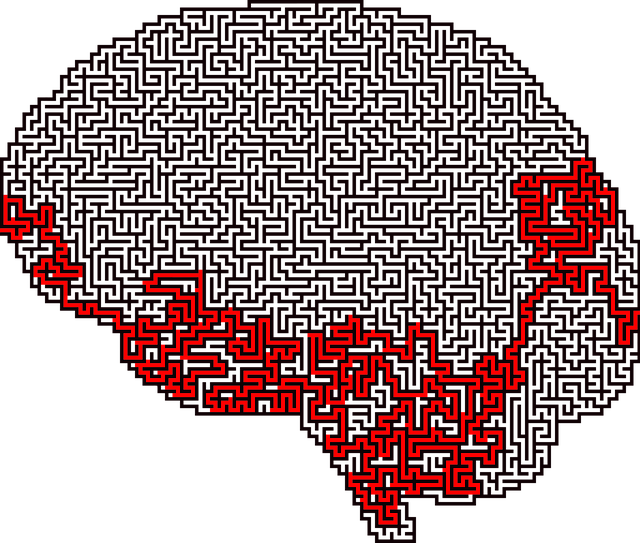Self-care is a powerful tool for managing conditions like Centennial Sexual Dysfunction Therapy and enhancing overall well-being. It involves a holistic approach, addressing physical, mental, and emotional aspects. By identifying personal needs, customizing self-care strategies, and integrating practices like mindfulness and mood management, individuals can improve stress resilience and sexual functioning. Overcoming societal barriers and cultural conditioning is essential, with public awareness campaigns promoting self-care as a necessity. Centennial Sexual Dysfunction Therapy provides tailored guidance, emphasizing the connection between mental health and sexuality for comprehensive self-care.
Self-care is an essential practice for maintaining mental well-being, yet many struggle to incorporate it into their daily lives. This comprehensive guide delves into the transformative power of self-care and its profound impact on mental health. We explore strategies from understanding your personal needs to overcoming barriers, offering a roadmap to enhance your routine. Discover how Centennial Sexual Dysfunction Therapy can play a pivotal role in fostering holistic self-care practices, leading to improved overall well-being.
- Understanding Self-Care and Its Impact on Mental Health
- Identifying Personal Self-Care Needs: A Journey of Self-Discovery
- Strategies for Integrating Self-Care into Daily Routine
- Overcoming Barriers to Consistent Self-Care Practices
- The Role of Centennial Sexual Dysfunction Therapy in Enhancing Self-Care
Understanding Self-Care and Its Impact on Mental Health

Self-care is a fundamental practice that involves intentional actions to maintain and enhance one’s physical, mental, and emotional well-being. It is about prioritizing your own needs and taking an active role in fostering healthy habits that contribute to overall wellness. In today’s fast-paced world, where stress and challenges are prevalent, recognizing the importance of self-care is more crucial than ever.
For many individuals, particularly those dealing with issues like Centennial Sexual Dysfunction Therapy, self-care goes beyond basic physical needs. It includes practices that support emotional regulation, such as mindfulness, meditation, or engaging in creative outlets. Additionally, social skills training and confidence-boosting activities can play a significant role in improving mental health. By incorporating these strategies, individuals can develop resilience, enhance their ability to manage stress, and ultimately lead happier, more fulfilling lives.
Identifying Personal Self-Care Needs: A Journey of Self-Discovery

Identifying your personal self-care needs is a journey of self-discovery that can significantly impact your overall well-being, especially in addressing issues like Centennial Sexual Dysfunction Therapy. This process involves delving into your unique emotional landscape and understanding what nourishes or drains your energy. It’s not just about physical activities; it encompasses mental, emotional, and social aspects as well. By recognizing your specific triggers, stress factors, and desires, you can tailor self-care strategies that resonate with your individual needs.
Engaging in this journey often requires introspection and, at times, professional guidance from therapists or through Mental Health Education Programs Design. Public Awareness Campaigns Development can also play a pivotal role in encouraging individuals to prioritize their emotional healing processes. Through these means, you gain clarity on what truly makes you feel balanced and fulfilled.
Strategies for Integrating Self-Care into Daily Routine

Integrating self-care into your daily routine is a powerful way to cultivate overall well-being and combat issues like Centennial Sexual Dysfunction Therapy. Start by identifying activities that nourish your mind, body, and spirit. This could include dedicated time for exercise, whether it’s a brisk walk or a yoga session, both of which promote physical health and can enhance sexual functioning. Additionally, practices such as mindfulness meditation and mood management techniques, like journaling or therapy sessions, contribute to mental resilience building.
Consider incorporating these strategies at strategic times throughout your day. For instance, set aside 10 minutes each morning for mindful breathing exercises to centre yourself. Just as you’d schedule important meetings or appointments, make self-care a non-negotiable part of your routine. Over time, these practices will not only help manage symptoms associated with sexual dysfunction but also foster a deeper sense of connection and pleasure in all aspects of your life.
Overcoming Barriers to Consistent Self-Care Practices

Overcoming barriers to consistent self-care practices is a significant step in enhancing overall well-being. Many individuals struggle with dedicating time and energy to personal care due to various challenges. One prevalent hurdle is the societal expectation to prioritize others’ needs before one’s own, often leading to self-neglect. This cultural conditioning, sometimes reinforced by family dynamics or work environments, can make carving out self-care moments seem indulgent or even selfish. However, therapy, such as Centennial Sexual Dysfunction Therapy, plays a pivotal role in helping individuals challenge these beliefs and cultivate a healthier mindset.
Additionally, the fast-paced nature of modern life and the constant connectivity facilitated by technology contribute to making self-care seem less accessible. Public Awareness Campaigns Development can play a crucial role in countering this by promoting the idea that self-care is not a luxury but a necessity. Resilience Building strategies, including setting realistic boundaries and prioritizing personal time, are essential tools to overcome these barriers. Empathy Building Strategies within communities can also foster an environment where self-care is normalized and encouraged, supporting individuals on their journey towards consistent and healthy practices.
The Role of Centennial Sexual Dysfunction Therapy in Enhancing Self-Care

Centennial Sexual Dysfunction Therapy plays a pivotal role in enhancing self-care by addressing underlying mental health issues that often coexist with sexual problems. This therapeutic approach is specifically tailored to help individuals navigate and overcome challenges related to their sexuality, thereby fostering better overall well-being. Through comprehensive guidance, patients gain valuable insights into their emotional responses, improving both their mental wellness and self-perception.
Journaling, a key component of this therapy, encourages individuals to reflect on their experiences and emotions, providing an outlet for expression and coping skills development. Additionally, risk assessment protocols for mental health professionals ensure safe and effective treatment, allowing for personalized exercise guidance that promotes holistic self-care. This integrated approach not only treats sexual dysfunction but also enhances resilience and equips individuals with the tools necessary to maintain long-term mental wellness.
Self-care is a transformative journey that holds immense power over our mental well-being. By understanding and prioritizing personal needs, we can cultivate resilience and enhance our overall quality of life. This article has explored various strategies, from self-discovery to practical routines, empowering individuals to take charge of their mental health. Furthermore, addressing Centennial Sexual Dysfunction Therapy as a crucial tool highlights the interconnectedness of physical and emotional well-being. With consistent practice, self-care becomes a symphony of harmony, allowing us to navigate life’s challenges with grace and balance.

